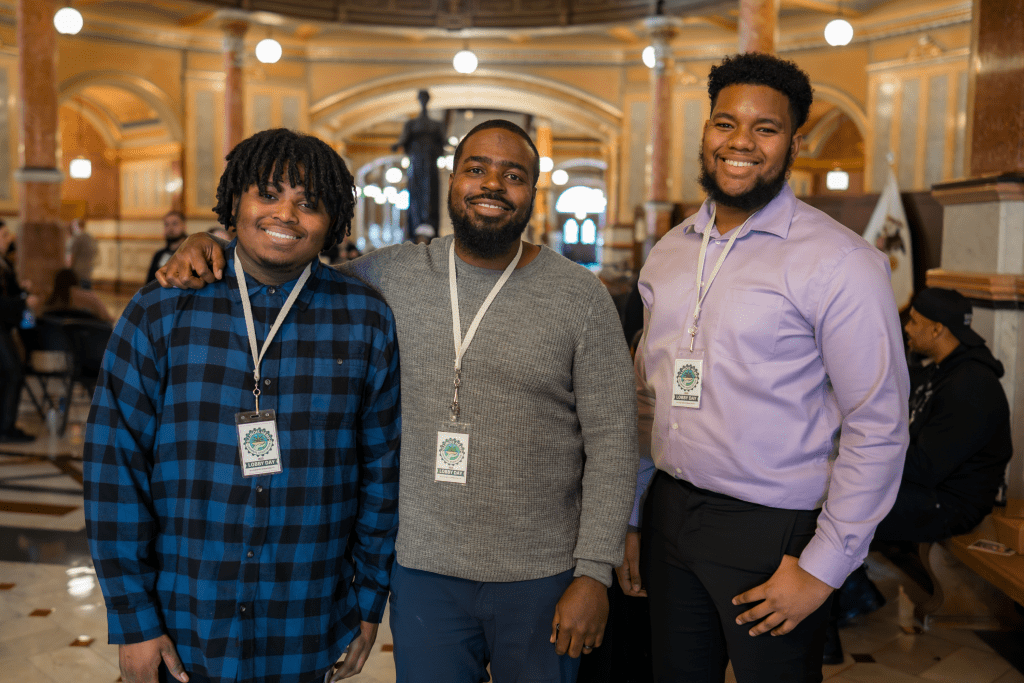
Hall’s proposal for regulation includes implementing an age limit of 21 for hemp consumption, similar to marijuana and alcohol. He also wants to enforce strict packaging that isn’t aimed toward children.
“Currently, right now, you get a vendor’s license, you can be selling this crap out of your basement. That’s what we want to cut out, the bad guys,” Hall said.
Cannabis sales in Illinois exceeded $2 billion in fiscal year 2024. For Chicago, which has the highest weed tax in the state, Hall said the revenue generated is small compared to the amount that the state makes in sales.
“[Chicago] contributes the most to cannabis, and yet we get the least amount of return on investment,” Hall said. “We have the most expensive cannabis in the country, with the least amount of payout.”
For Hall and other advocates, the hemp sector is a pathway to righting the inequities created when Illinois legalized marijuana sales began in 2020.
“Essentially, [Pritzker’s] trying to ban it or give it regulation that is very similar to [weed] dispensaries, which is, again, no reparation for Blacks who were cut out of cannabis,” Hall explained.
A diversity report conducted by the Peoria-based consulting firm Nerevu Group last summer found that although Illinois has awarded more cannabis licenses to minorities in the country, white men were still the most likely to become cannabis-related business owners.
“I think the biggest opposition is the misunderstanding of what real equity is in 2025,” Hall said, adding that legalized cannabis left Black Chicagoans without entrepreneurial opportunities despite them being a main consumer. “And this was all under the watch of the state legislators. Hemp is an opportunity to heal what cannabis did wrong.”
Edie Moore, co-founder of Black-owned Sway Dispensary in Northhalsted (formerly Boystown), said the unregulated hemp market is undercutting marijuana businesses like hers. She was in favor of the Pritzker-backed regulation bill.
“It’s absolutely about safety, but it’s also about protecting businesses like mine, who these folks are competing with,” Moore said. She added that she went through a strenuous application process to open her cannabis shop and feels that others who didn’t go through the process should not sell products that can cause intoxication.
“They didn’t spend the amount of time and the amount of money and do the amount of community work to get that business open. They just opened it,” said Moore, who is also a founding board member of the nonprofit Chicago NORML (National Organization for the Reform of Marijuana Laws).

